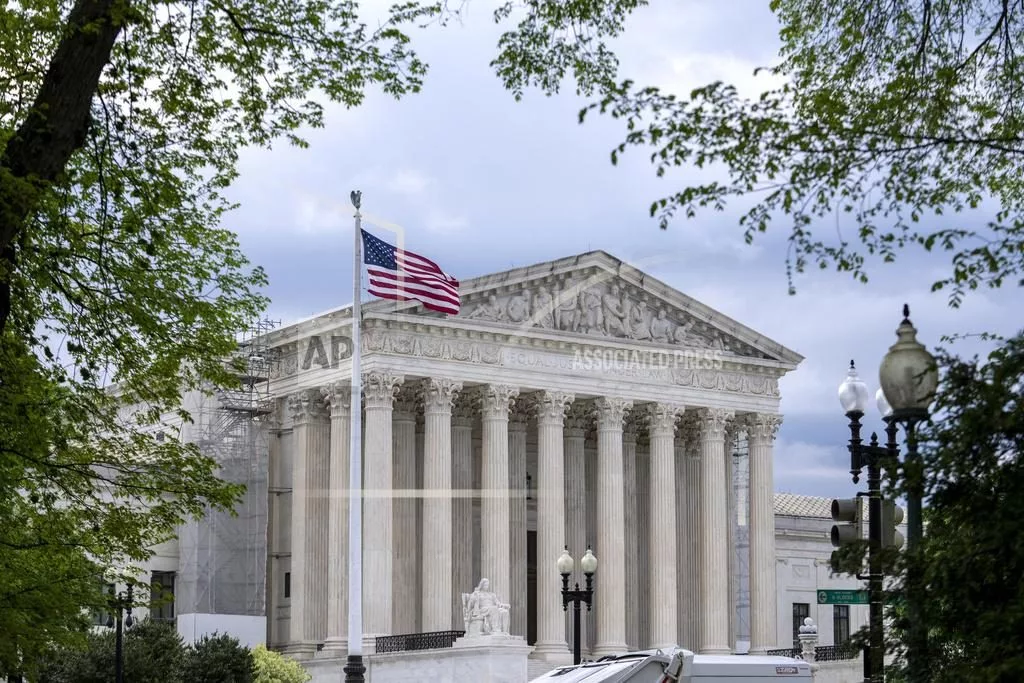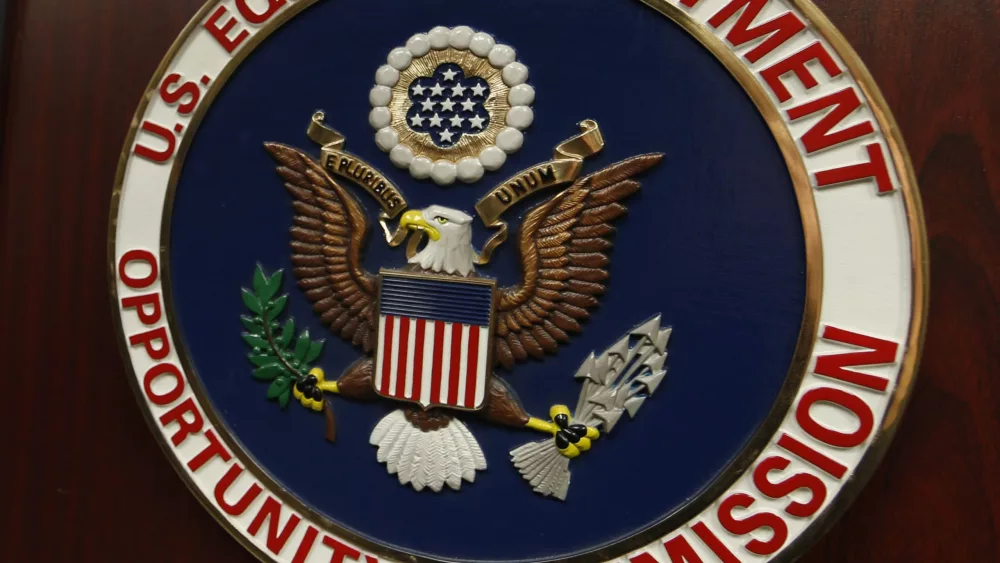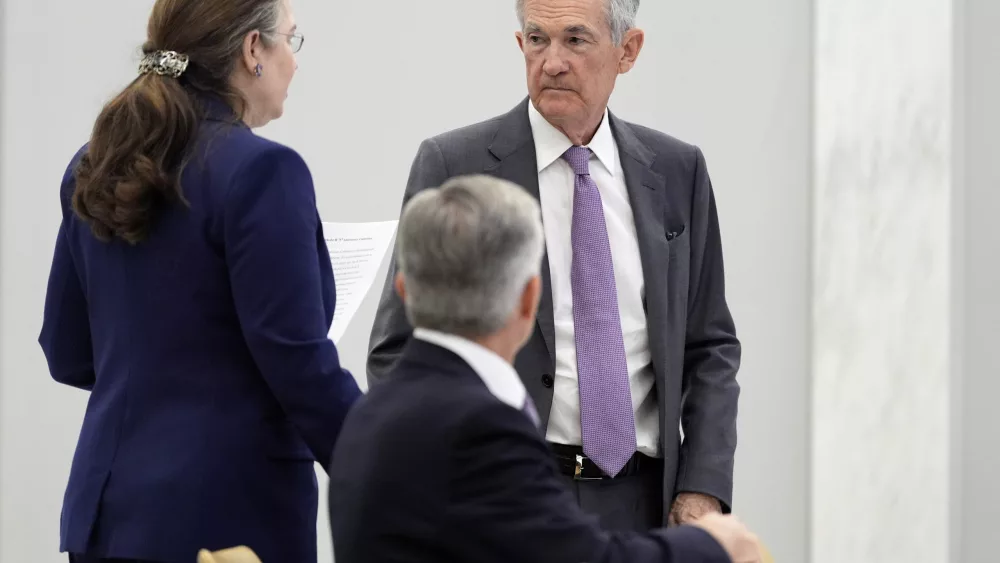WASHINGTON (AP) — The Supreme Court on Friday again cleared the way for the Trump administration to strip temporary legal protections from hundreds of thousands of immigrants for now, pushing the total number of people who could be newly exposed to deportation to nearly 1 million.
The justices lifted a lower-court order that kept humanitarian parole protections in place for more than 500,000 migrants from four countries: Cuba, Haiti, Nicaragua and Venezuela. The decision comes after the court allowed the administration to revoke temporary legal status from about 350,000 Venezuelan migrants in another case.
The court did not explain its reasoning in the brief order, as is typical on its emergency docket. Two justices publicly dissented.
The administration filed an emergency appeal to the Supreme Court after a federal judge in Boston blocked the administration’s push to end the program. The Justice Department argues that the protections for people fleeing turmoil in their home countries were always meant to be temporary, and the Department of Homeland Security has the power to revoke them without court interference.
Abigail Jackson, a White House spokeswoman, said the Biden-era policies weren’t in line with immigration law. “We are confident in the legality of our actions to protect the American people and look forward to further action from the Supreme Court to vindicate us,” she said.
President Trump promised on the campaign trail to deport millions of people, and in office has sought to dismantle Biden administration policies that expanded paths for migrants to live legally in the U.S.
The Supreme Court’s order is not a final ruling, but it means the protections will not be in place while the case proceeds. It now returns to the 1st U.S. Circuit Court of Appeals in Boston.
Talwani, an appointee of Democratic President Barack Obama, did allow the Trump administration to revoke parole, but on a case-by-case basis.
But the Trump administration argued the parole was granted en masse, and the law doesn’t require ending it on an individual basis. Taking on each case individually would be a “gargantuan task,” and slow the government’s efforts to press for their removal, Solicitor General D. John Sauer argued.
The high court’s decision could ultimately affect another ruling from Talwani this week in favor of other people covered by humanitarian parole policies, including Afghans, Ukrainians and children from Central America.
Joe Biden used humanitarian parole more than any other president, employing a special presidential authority in effect since 1952.
The case is the latest in a string of emergency appeals the administration has made to the Supreme Court, many of them related to immigration.
The court has sided against Trump in other cases, including slowing his efforts to swiftly deport Venezuelans accused of being gang members to a prison in El Salvador under an 18th century wartime law called the Alien Enemies Act.
Brought to you by www.srnnews.com







